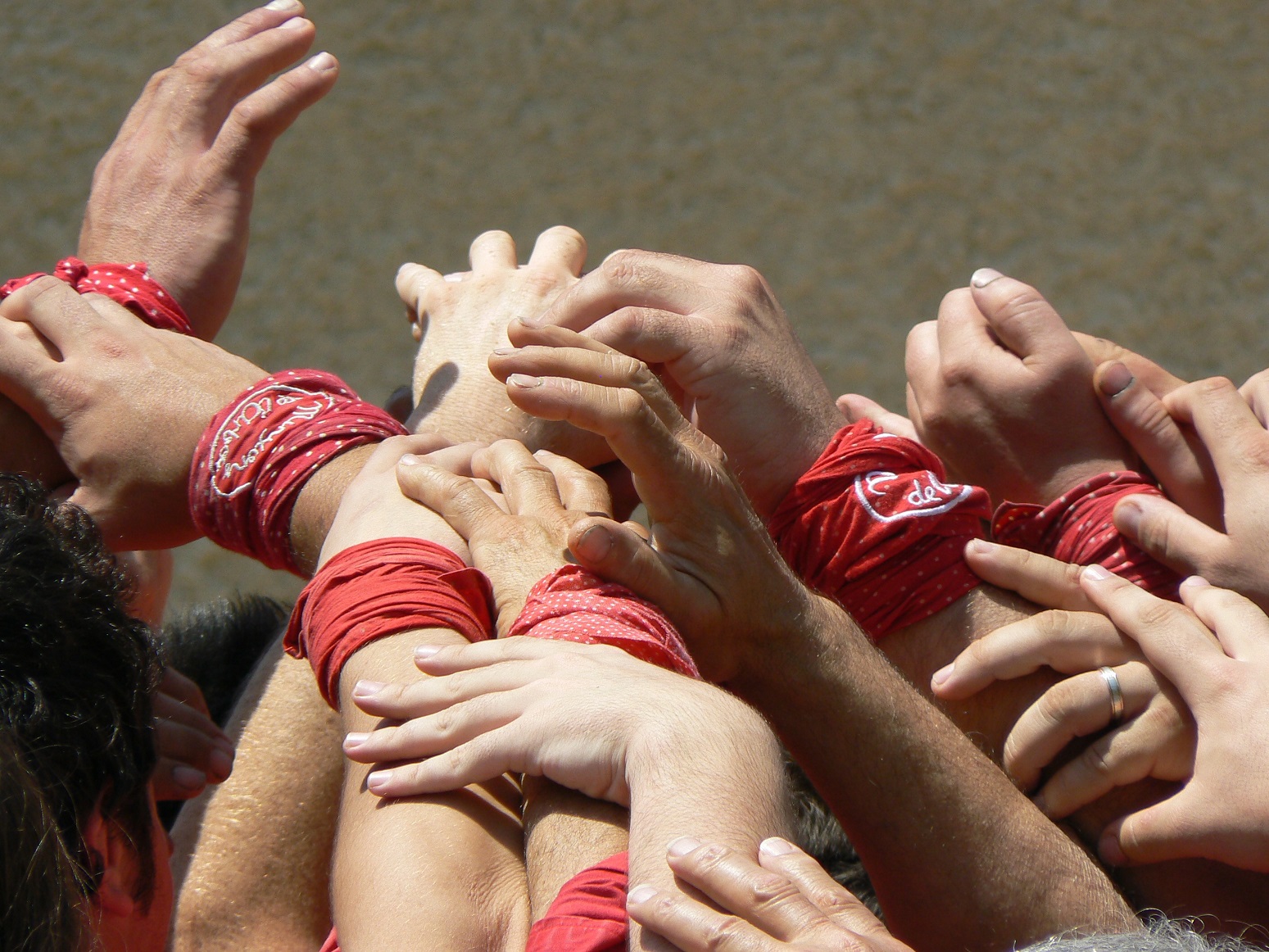
Citizens who organize in networks of commons, can trigger a transition towards new lifestyles that build more diverse, sustainable and inclusive societies.
People in other parts of the world can take over these projects, adapt them to the local circumstances, and put them in place. Small local initiatives can work together globally, creating larger networks, where resources and experiences are shared and improved.
The 8 commons projects indicate a vision for a society where the commons are in the center of a diverse economy.

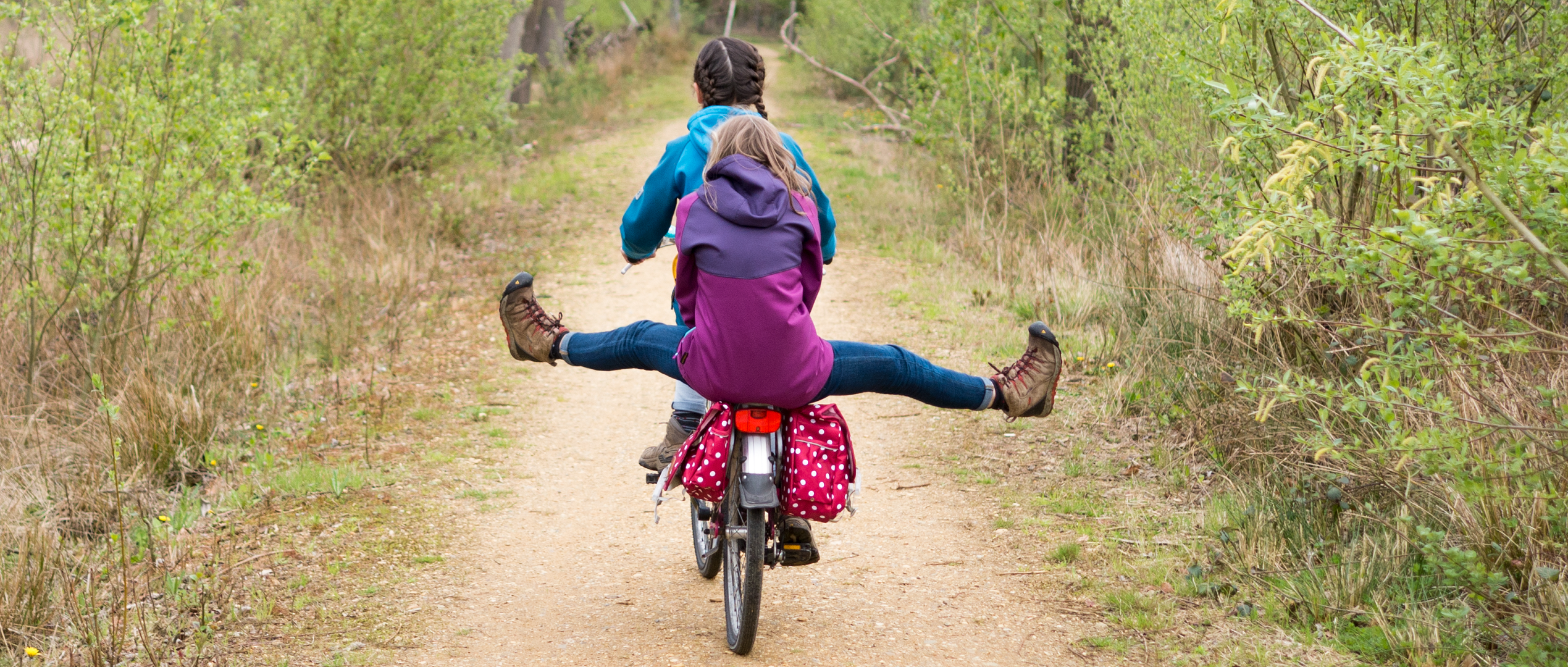
In an economy that is organized around commons, different entities - citizens, public institutions and private companies - can create common value for society, each from a different perspective and from a different role.
An economy that genuinely builds on collaboration, from the local to the global level, takes away the pressure of the current logic to continuously compete and grow.



Also the history of authoritarianism and hierarchy in the relation of the citizens to the state, may accentuate the need and the evidence to self-organise in communities.
The open character of many projects and their interaction with international networks, gives them both a local and a global dimension.


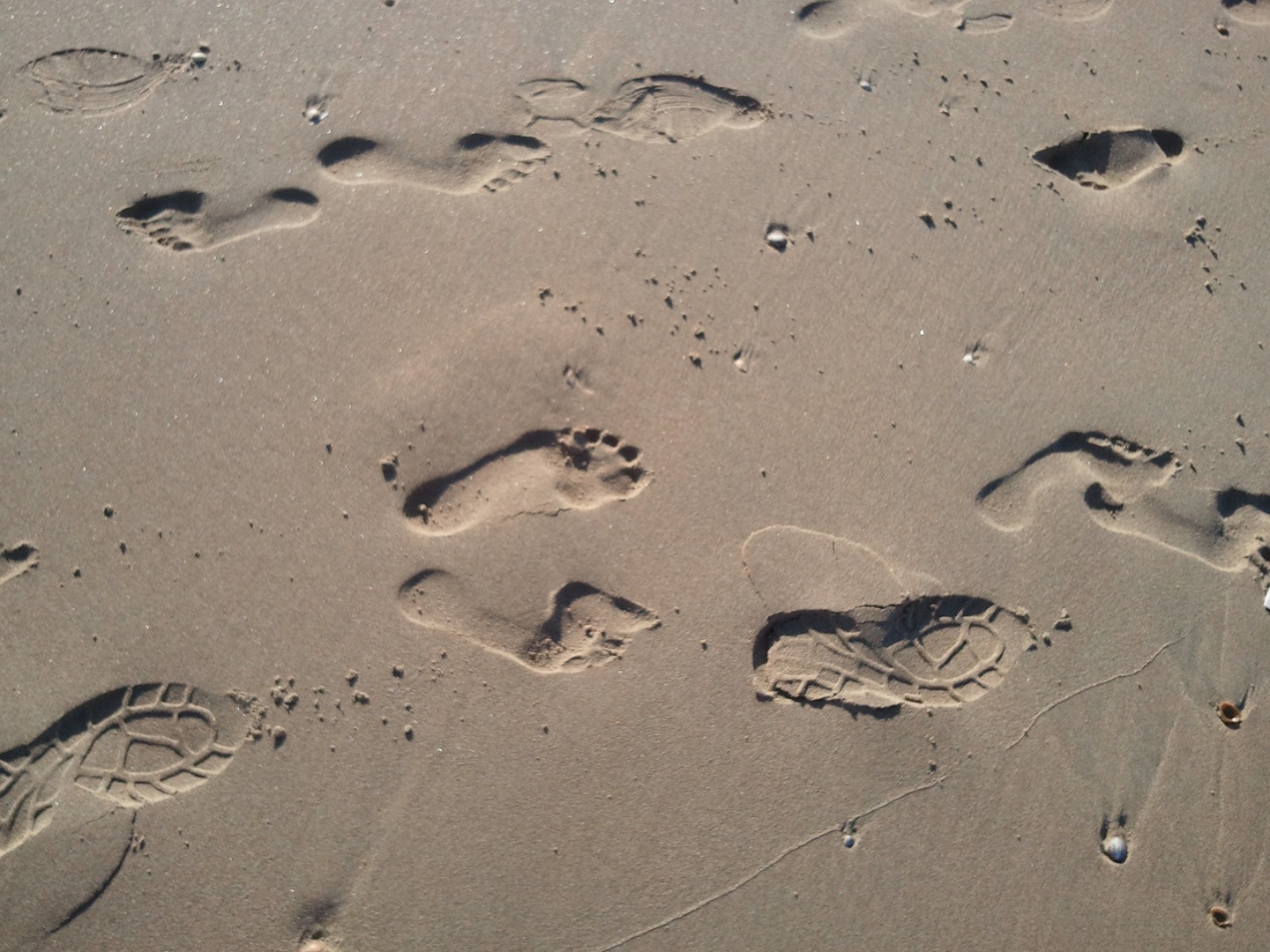


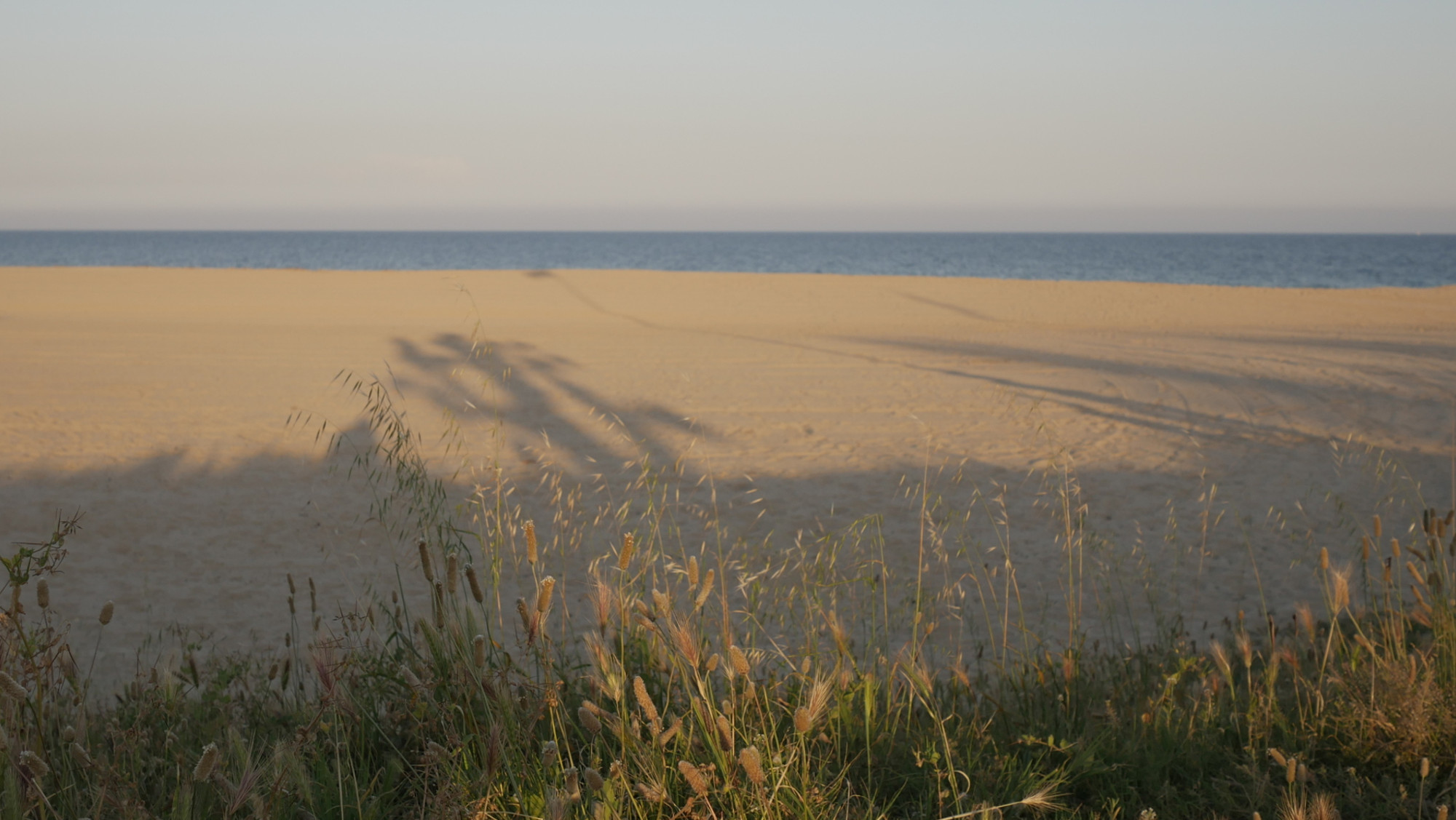


An urgent task is to expand the awareness about the commons, and to recognize and stimulate its role. Find here some interesting links to know more:
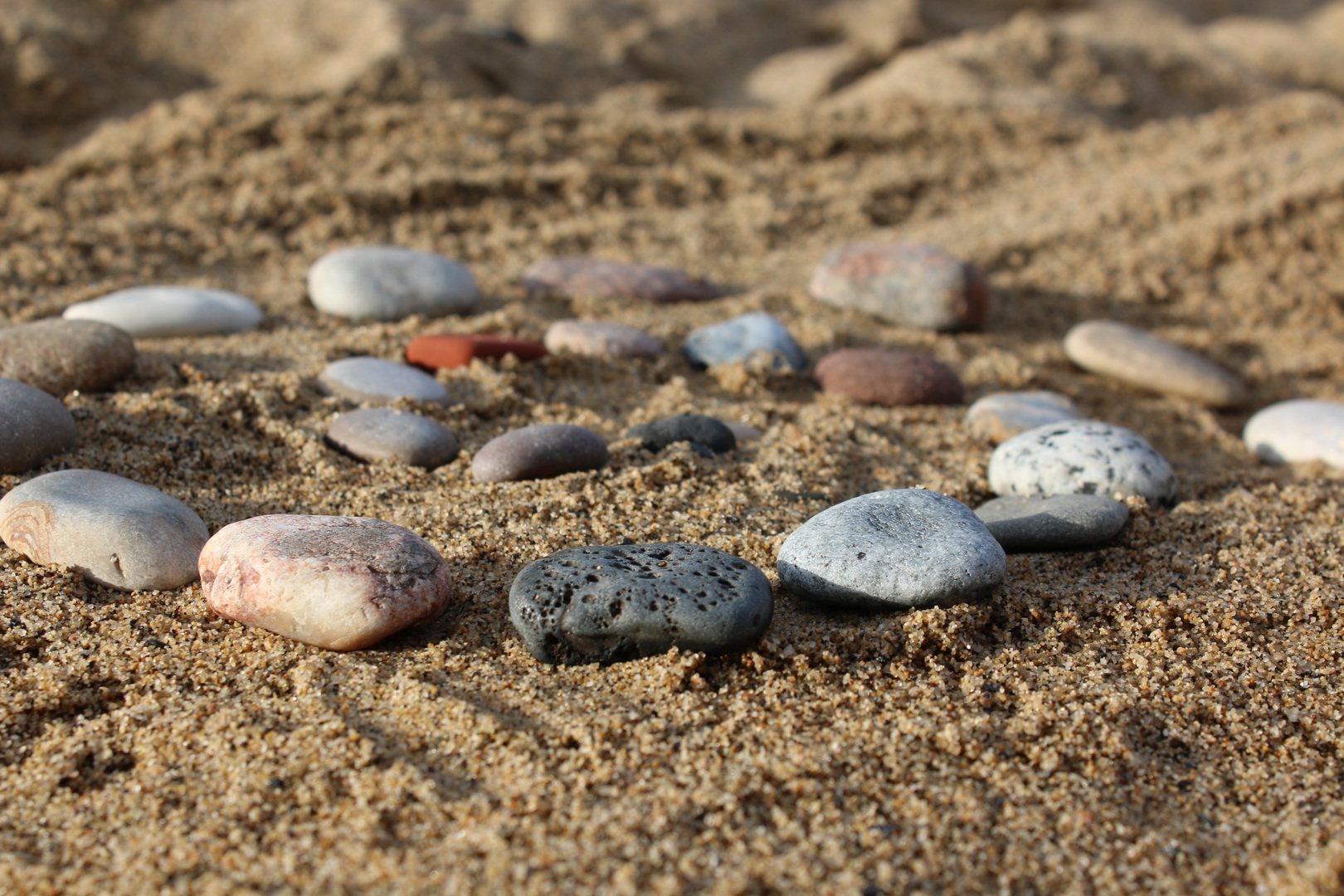
Find here an overview of “8 Patterns of Commoning”, conceptualised by Timelab in Ghent (Belgium).


Organize
Resource
Transform
Disrupt
Prototype
Make
Identify


The Open Food Network is an international open-source project that has a non-hierarchical organization model. Particpants take up roles that can be temporary or not, depending of the tasks that have to develop. Decisions are taken in transparency and in consultation.
A commons organization model should ensure that those affected by the rules can participate in modifying the rules.
Magrana Vallesana counts on a big community of members and collaborators, that take up different roles in the organization. Member need clear bounderies about their role in the group. The grooup participation creates a sense of belonging and identification.
Som Mobilitat starts from a vision that is shared by a community. The common dream is a future where mobility is no longer based on fossil fuels, and is organized in a collective and democratic way. The cooperative governance model lets all participants decide on future developments.
A dream gives the inspiration to build a commons and to hold a community together.
Konvent is a place where ideas can be explored that might be too radical or too disruptive to try in an existing organization. Experimentation is essential in creative processes. Questioning existing patterns can be chaotic, it has certain risks and might fail. It is good to have a “safe place” for it.
Disruptive and innovative ideas can develop when they are embraced and supported.
Guifi Net is build around a telecom infrastructure: a resource. The access to this resource is open to all members, and the Guifi Net Foundation developed rules to resolve problems or disputes. There are no closed ownership structures that create scarcity.
All members share a responsibility in governing the common resource at each level of the entire interconnected system.
Comunificadora wants to help the transition towards a economy where commons have a central role. In order to make this systemic change, businnesses and startups reflect on the aspects of their organization that can be organized differently.
Making this change, requires reflection and openness to transform.
e Re-Use is an open and transparent project. Their IT platform is open for anyone to download it, use it, adapt it, and distribute the adaptations again. They have no “closed” business concept, it is open to evolve. In this way, the agility and impact that e Re-Use can generate is bigger.
When keeping the project open, it can be easily adapted and improved and create a network effect.
Esferica organizes practical workshops where participants make sunglasses in order to prototype new ways of consuming and producing. They avoid wasting too much time with conceptual and theoretical models, but instead hope to find some answers to those bigger questions through the workshops.
A prototype is often the first necessary step in the development of new ideas and concepts.
Organize
Resource
Transform
Disrupt
Prototype
Make
Identify
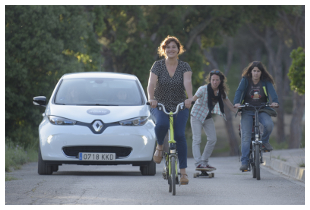
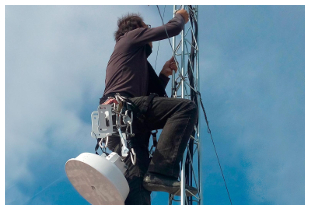
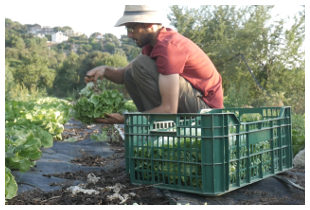
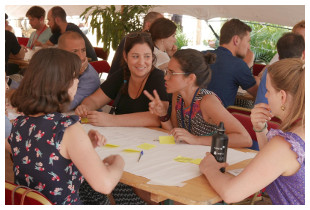
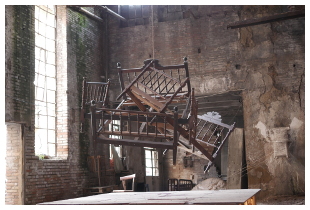
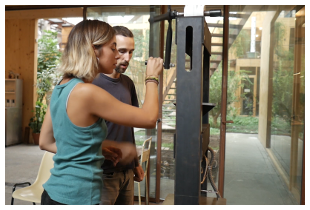
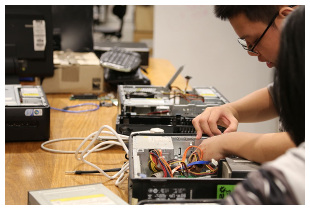
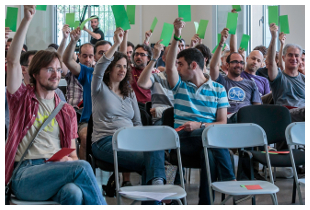
Find out more when hovering over the icons.
